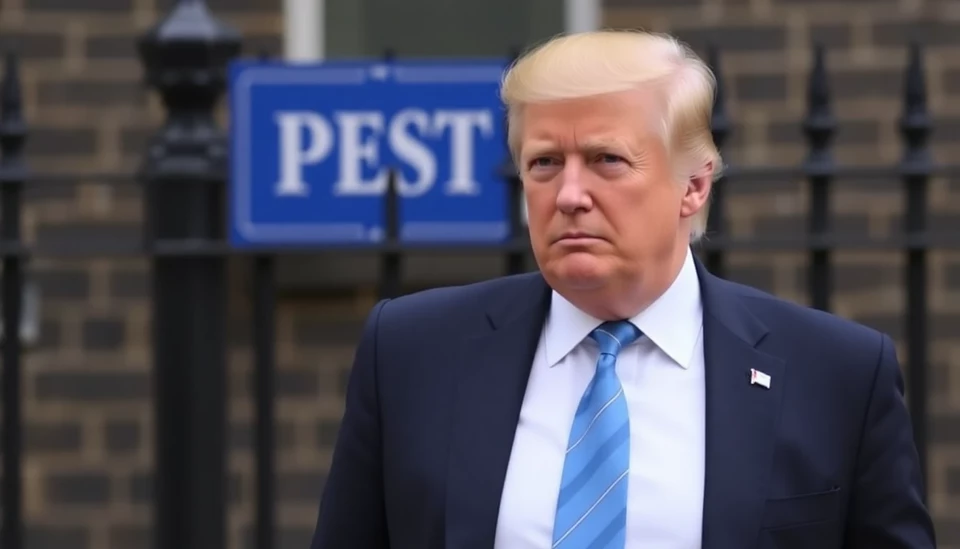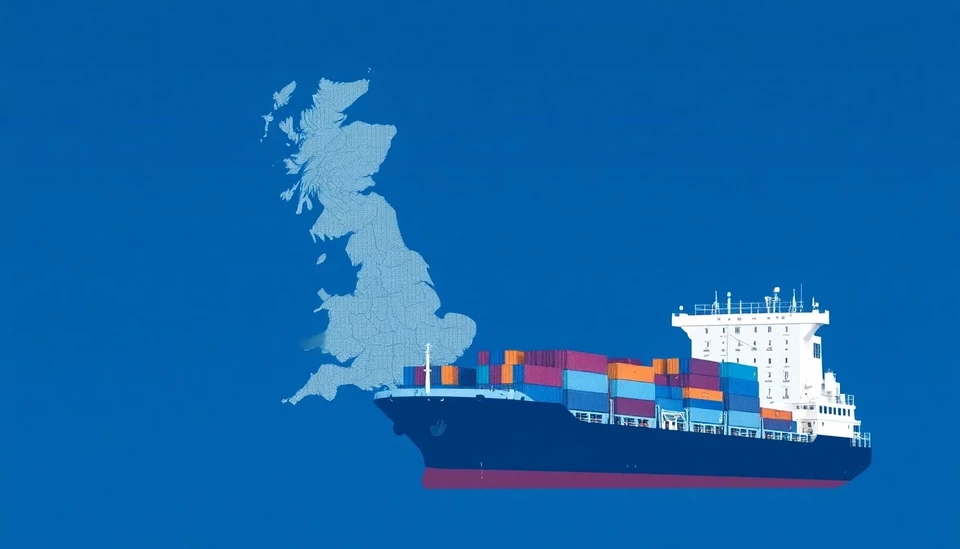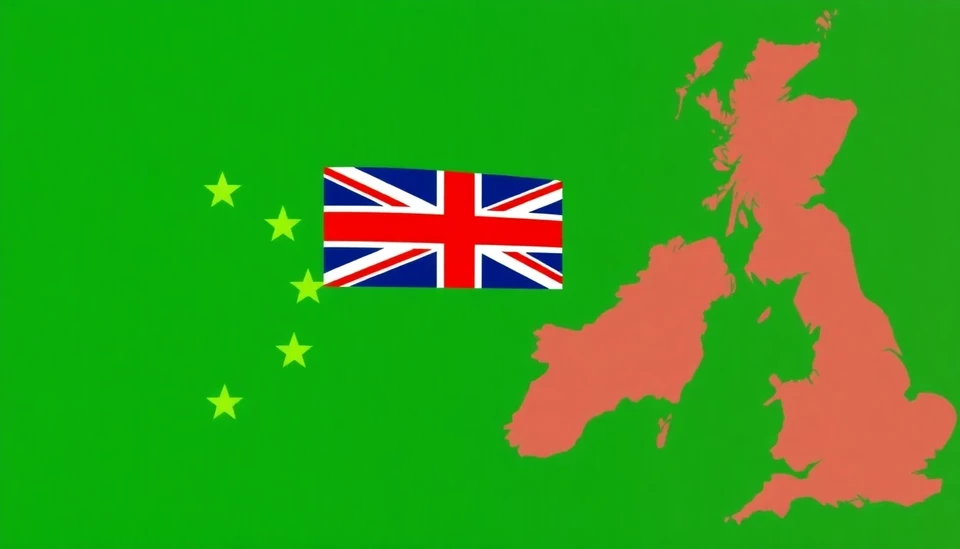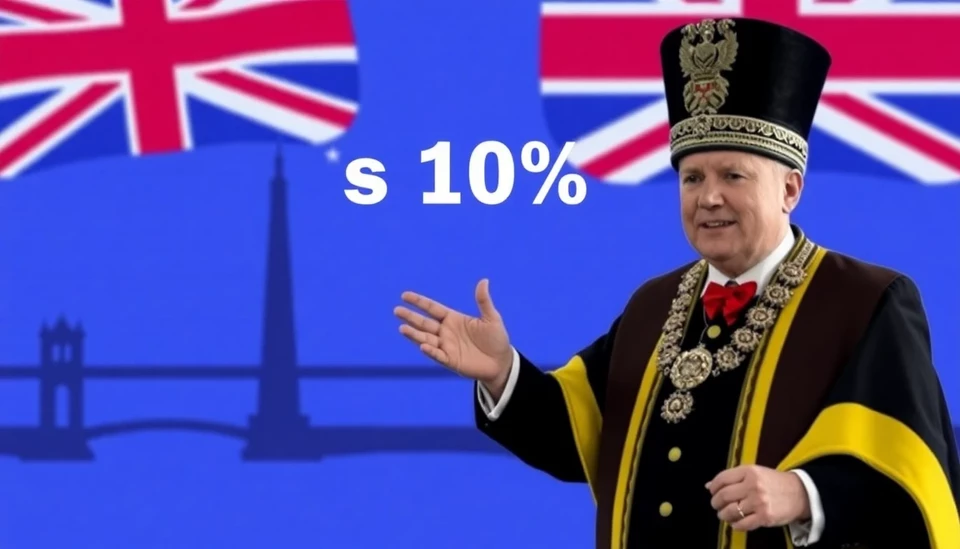
In a landscape of shifting geopolitical dynamics, the UK's trade outlook is facing unprecedented challenges stemming from Donald Trump's influence and the persistent ramifications of Brexit. As the United Kingdom grapples with its departure from the European Union, the combination of these factors is raising alarms among economic analysts and business leaders alike.
The ramifications of Brexit continue to unfold, presenting a myriad of complications that have left the UK’s trade relations in flux. As the EU and the UK navigate new terms of engagement, tariffs and regulatory discrepancies have crept in, exacerbating trade barriers that negatively impact British businesses. The reality has led to delays, increased costs, and in some instances, the abandonment of certain trade agreements altogether.
Adding to the turmoil, the potential return of Donald Trump to the U.S. presidency introduces another layer of unpredictability into the UK’s trade framework. Observers note that Trump’s past trade policies were characterized by a nationalist approach, often prioritizing American interests over international trade relations. This stance, if reinstated, could have dire consequences for UK exporters who rely heavily on access to the vast American market.
With Trump’s potential comeback looming, UK businesses are bracing for the possibility of new tariffs and trade barriers, mirroring the tumultuous period experienced during his previous administration. The anxieties regarding trade are compounded by recent polls indicating that Trump may indeed make a strong challenge for the 2024 presidency, stirring apprehension within the UK’s business sector.
Experts argue that in the wake of Brexit, the UK's need to forge robust global trade relationships has never been more critical. The UK has been making efforts to establish trade agreements with various countries; however, the reality is that these efforts may not sufficiently counteract the impacts of reduced trade with the EU and potential hurdles imposed by a Trump-led administration.
The financial and manufacturing sectors are expressing concerns regarding their future competitiveness in the global market. Organizations advocating for free trade and open markets are urging the government to formulate strategies that foster resilience against these emerging threats, especially in light of the anticipated economic climate leading into the election year.
As the UK navigates through the post-Brexit landscape and the potential return of a divisive figure like Trump, the need for clarity and guidance in trade policies is paramount. Stakeholders are calling for coherent trade strategies that not only address current impediments but also future-proof the economy against any potential geopolitical shifts that could affect trade relationships.
The coming months will prove critical as the UK endeavors to solidify its place in the global trading arena while mitigating the effects of both old and new uncertainties. Watch this space as developments unfold and the ramifications on trade continue to take shape.
#UKTrade #Brexit #DonaldTrump #GlobalEconomy #TradeRelations #Economy #BusinessImpact #MarketTrends
Author: Laura Mitchell




